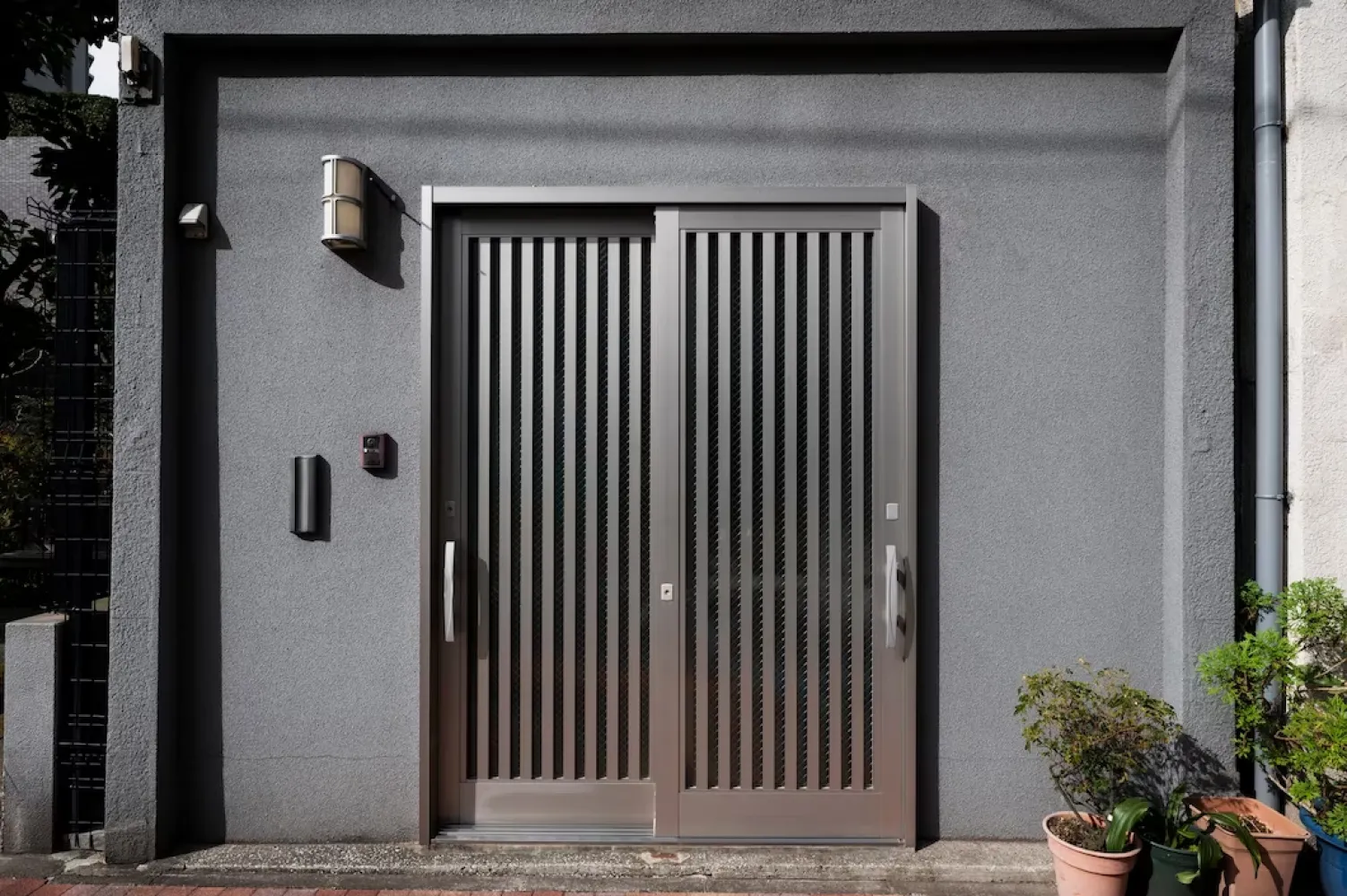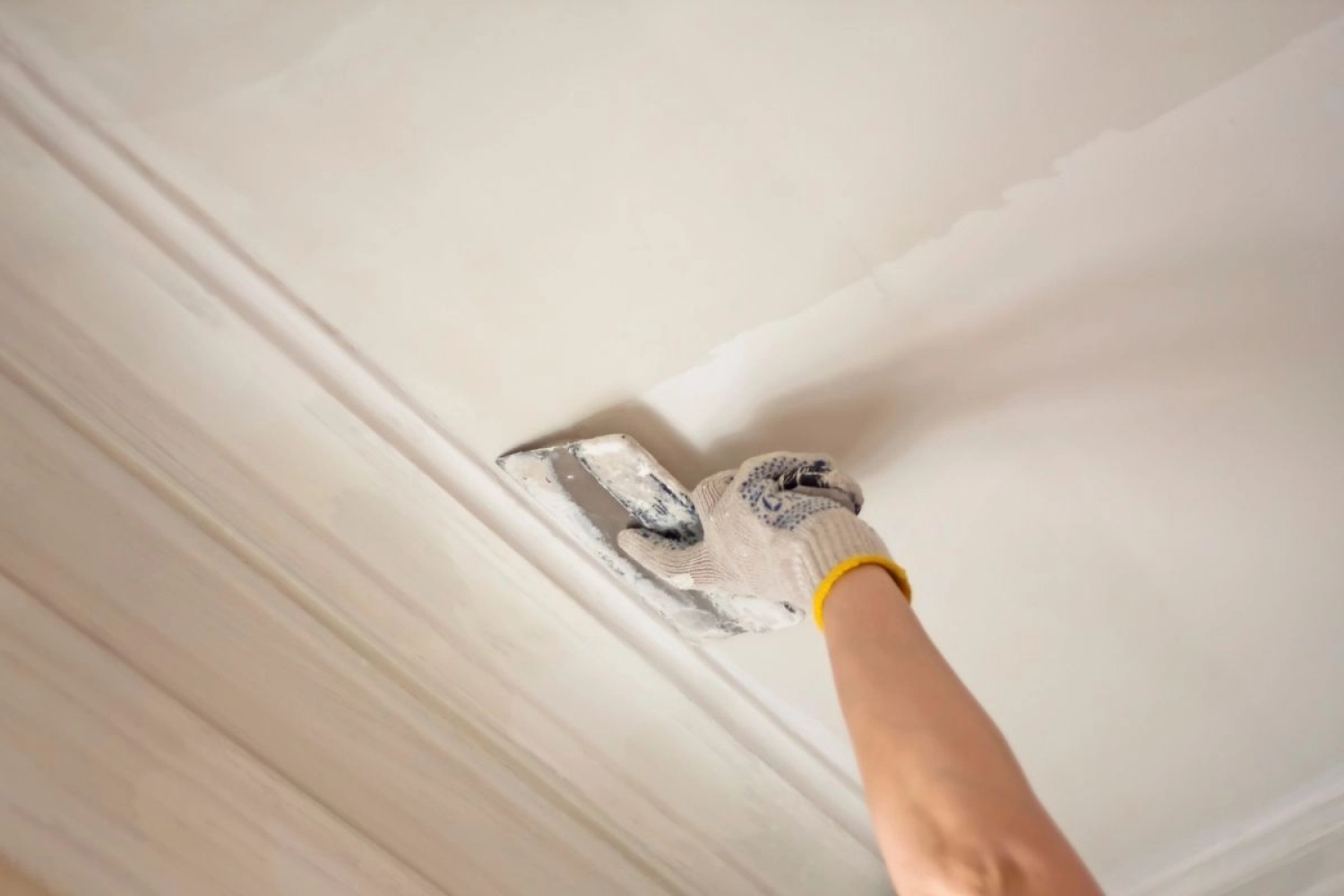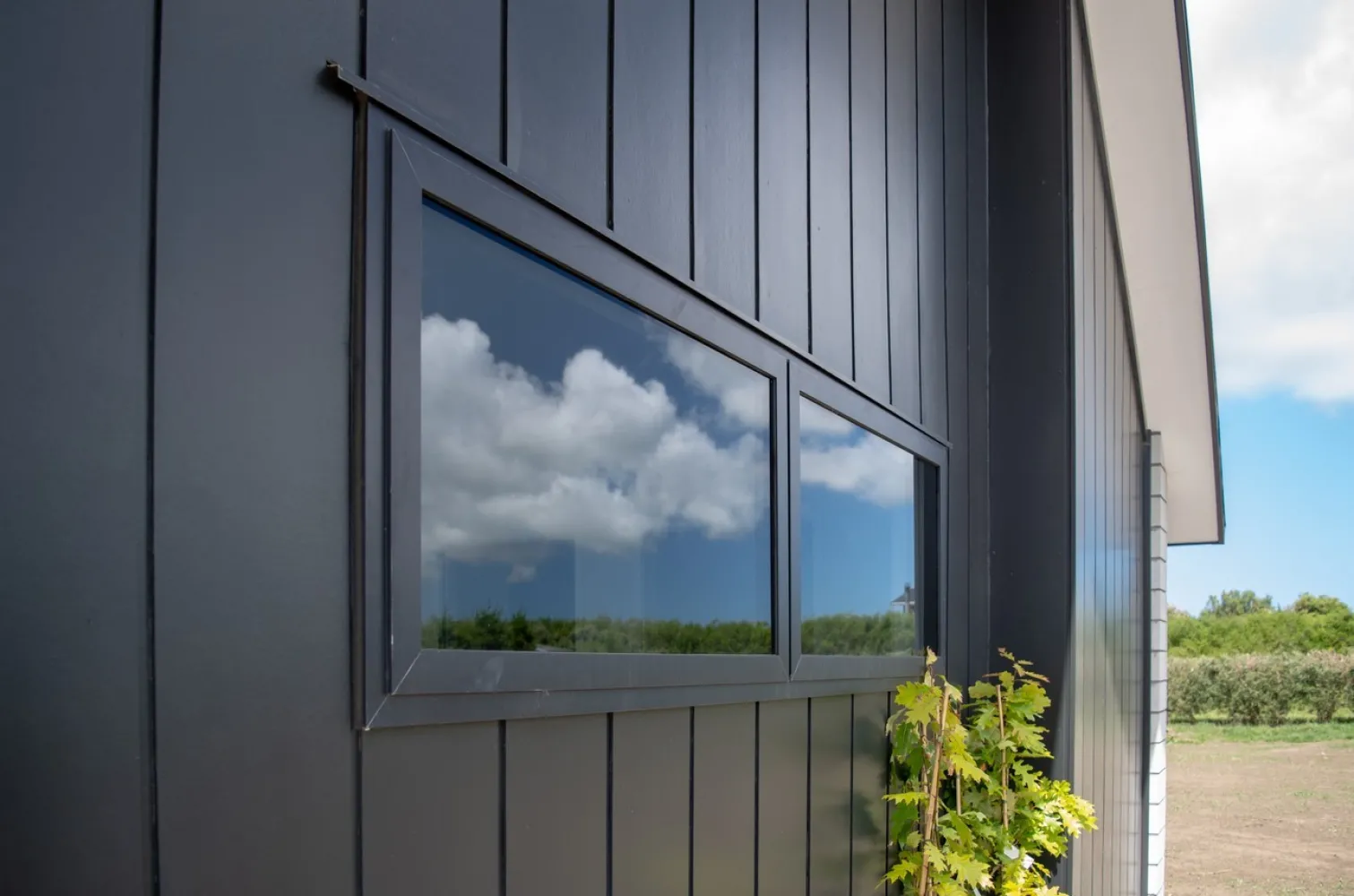Interior Design
Interior design is the art and science of creating functional and aesthetically pleasing interior spaces. It involves the use of design principles, color theory, and a range of other techniques to create spaces that are both functional and visually appealing.
Interior design encompasses a wide range of spaces, from homes and offices to public buildings and commercial spaces. It involves working with clients to understand their needs and preferences, and then creating designs that reflect those needs while also taking into account factors like traffic flow, lighting, and furniture placement.
Interior designers may work with a range of materials, from fabrics and textiles to wood, metal, and glass. They may also work with a variety of design elements, such as lighting, color, texture, and pattern, to create spaces that are visually engaging and emotionally evocative.
Some of the key skills required for a career in interior design include an eye for detail, a strong sense of aesthetics, and the ability to communicate effectively with clients and other design professionals. Successful interior designers also need to be able to manage budgets, timelines, and other practical considerations, while still maintaining a high level of creative excellence.
Overall, interior design plays a critical role in shaping the look and feel of the spaces where we live, work, and play. It is a dynamic and constantly evolving field that requires a unique combination of artistic talent and practical expertise.
Interior design encompasses a wide range of spaces, from homes and offices to public buildings and commercial spaces. It involves working with clients to understand their needs and preferences, and then creating designs that reflect those needs while also taking into account factors like traffic flow, lighting, and furniture placement.
Interior designers may work with a range of materials, from fabrics and textiles to wood, metal, and glass. They may also work with a variety of design elements, such as lighting, color, texture, and pattern, to create spaces that are visually engaging and emotionally evocative.
Some of the key skills required for a career in interior design include an eye for detail, a strong sense of aesthetics, and the ability to communicate effectively with clients and other design professionals. Successful interior designers also need to be able to manage budgets, timelines, and other practical considerations, while still maintaining a high level of creative excellence.
Overall, interior design plays a critical role in shaping the look and feel of the spaces where we live, work, and play. It is a dynamic and constantly evolving field that requires a unique combination of artistic talent and practical expertise.
Make Appointment









